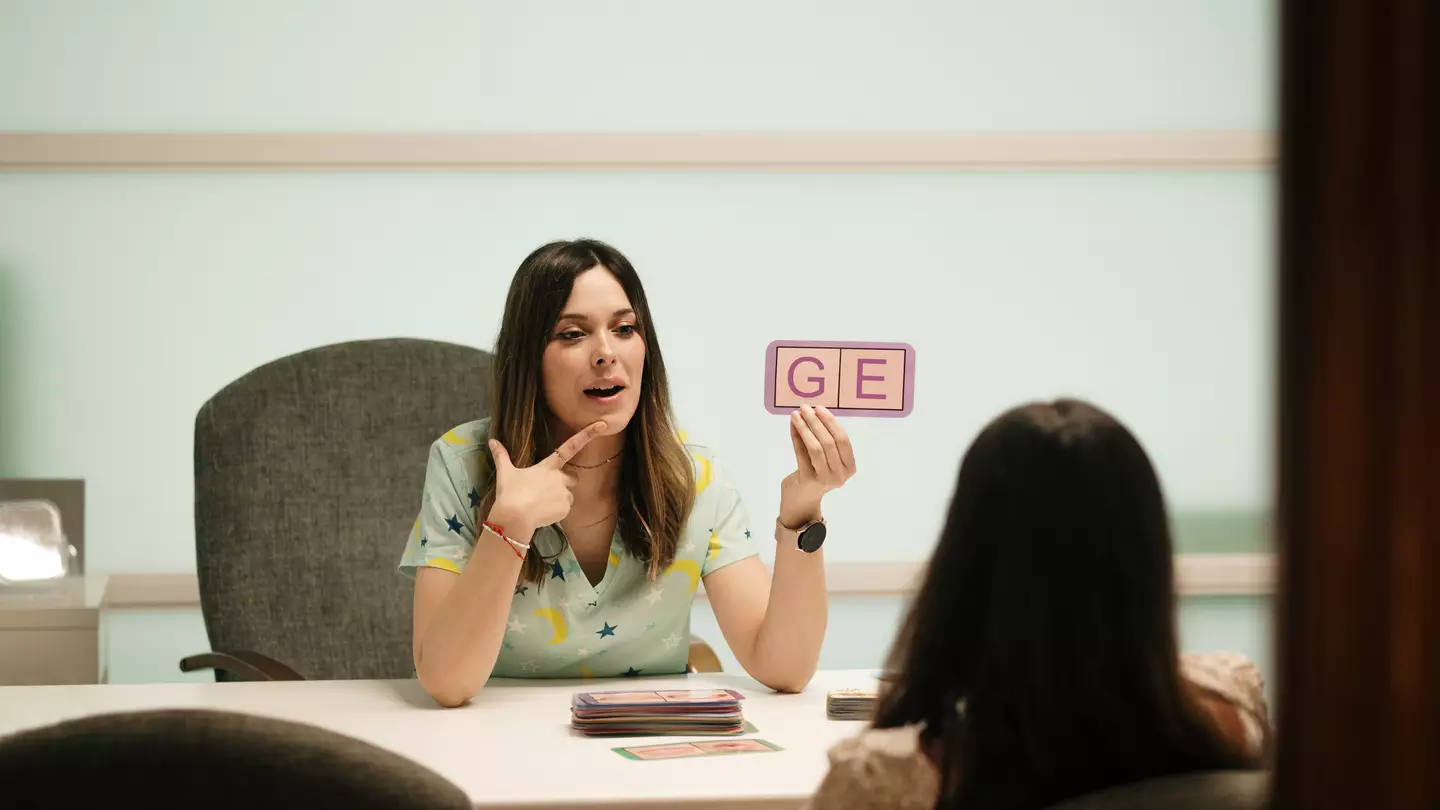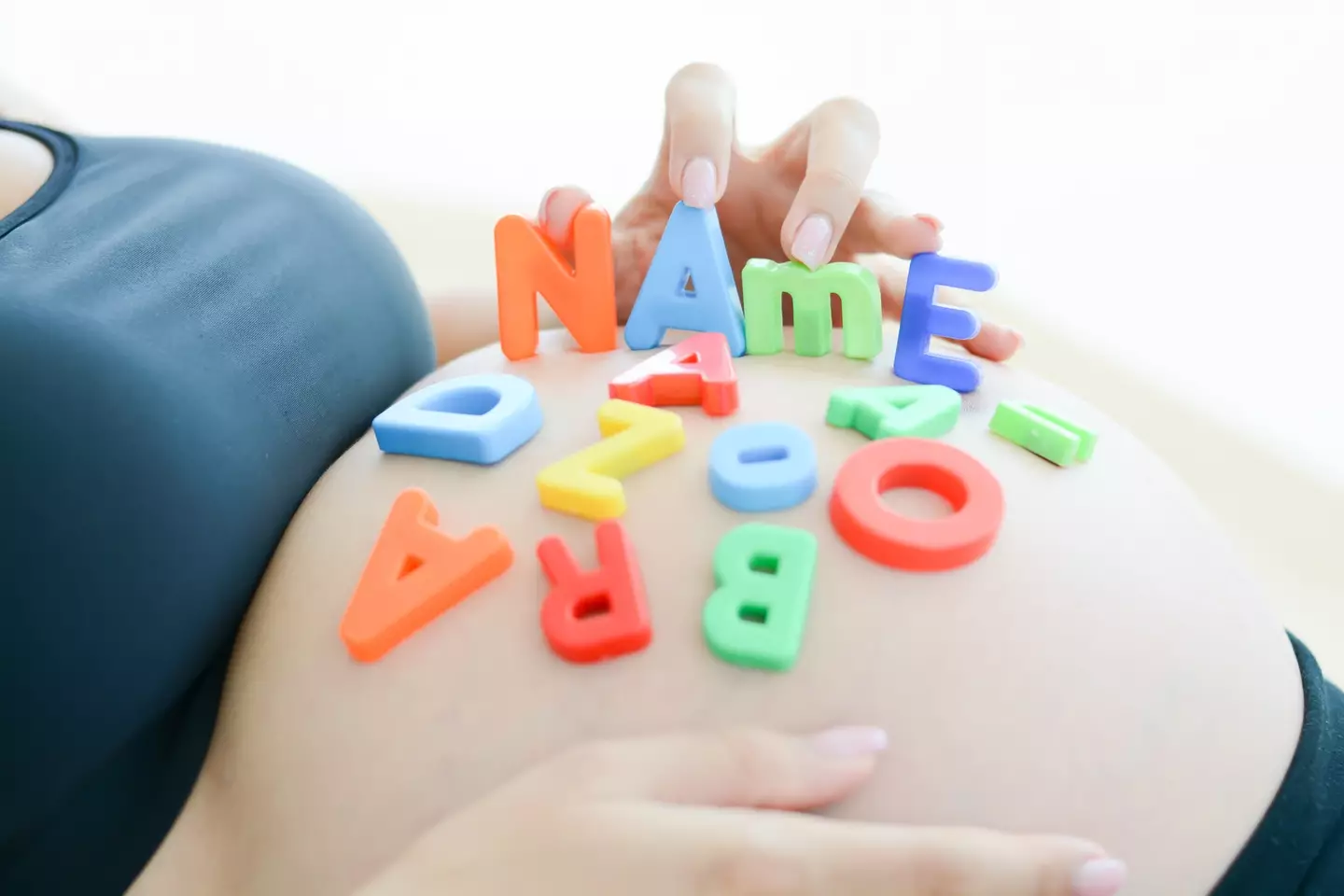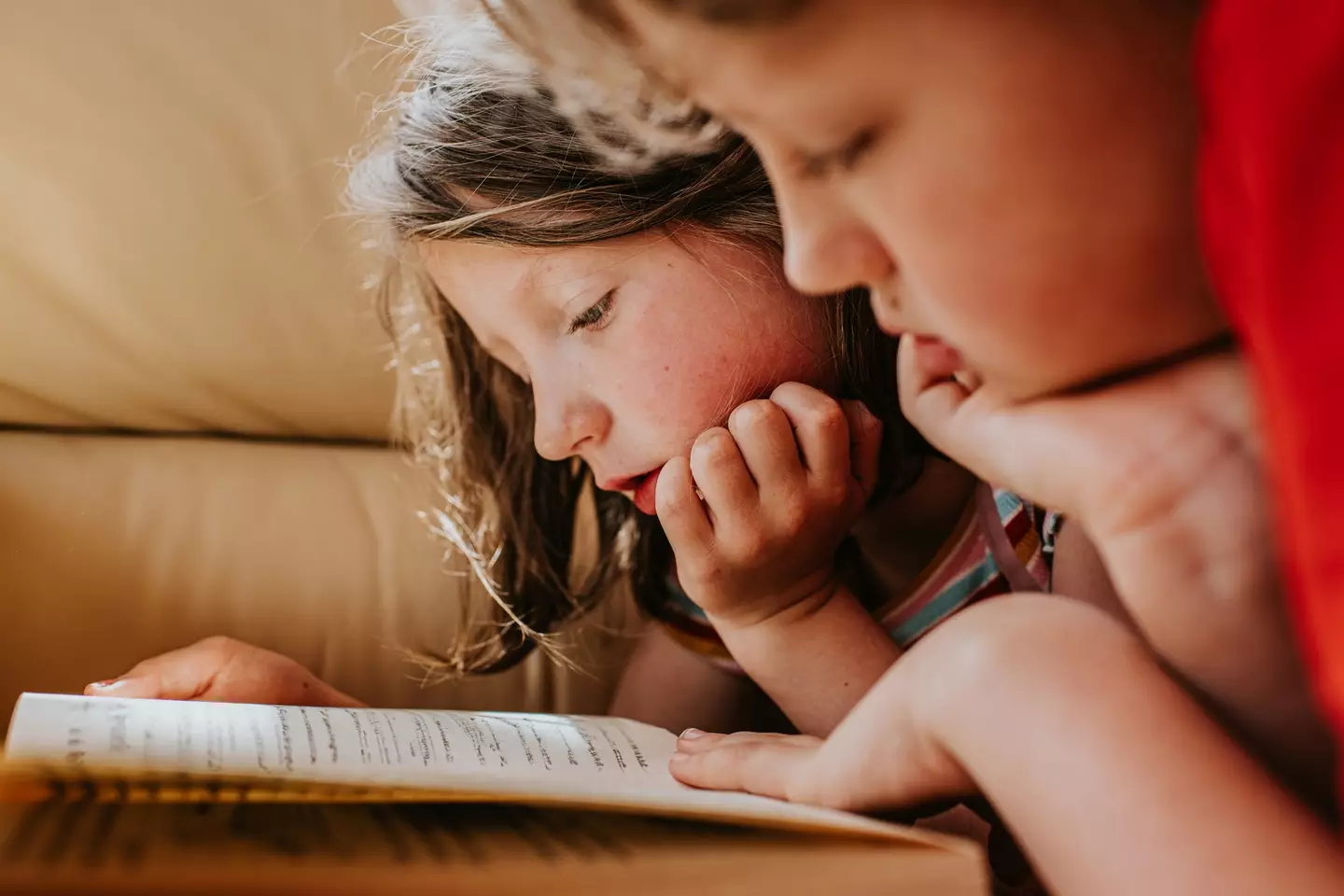
A speech therapist has warned against the three names you should avoid giving your child.
Naming your little one is one of the biggest decisions you’ll ever make, and let’s be honest, it’s a lot of pressure considering they’re going to be stuck with it for life.
Exes' names, names of people you don’t like, and names that sound too much like something else or could spark bullying are almost always a hard no.
But, we all know baby name trends have developed and changed over the years, with more unusual names becoming increasingly popular as time goes on.
Advert
While traditional and more common monikers like Olivia, George, Henry and Emma will always be around, a lot of parents are opting for something more unique that means their child will stand out from the crowd.
However, one speech therapist has warned against three names in particular, and the reason why makes complete sense.
.jpg)
Chloe Conrad is a speech-language pathologist who shares helpful posts for parents on her social media pages.
In one post, she explained that she actually has three names that she would warn expectant parents not to choose.
“Three names I would never name my child as a speech therapist: Rory, Rowan and Aurora. They’re so hard to say,” she explained.
In the caption, Chloe added: “Basically any name with R and O in it next to each other. I LOVE the way they sound but struggle teaching a child to say them.”

Other people agreed that they struggle to pronounce the R and O placed next to each other, with one person commenting: "I have a hard time saying Aurora, I always will."
While another said: "Thought Aurora before you said it."
And a third added: "Said Rory in my head before you started talking."
Meanwhile, a fourth commented: "My neighbours kid is Aurora. Needless to say, the whole street has grown up calling her 'roar-roar-roar'. At this point it’s just habit."

R is one of the most difficult letters to pronounce and is often pronounced as W in young children.
According to the website Otismo, we pronounce R with our tongues near the roof of our mouth.
They explain: "To make this sound we also have to use our vocal cords. Through the narrow space in our mouths, the air flows. The tip of our tongue should be behind the ridge behind the teeth but not touch anywhere.
"Another reason that the /r/ sound can be challenging is the vowels used in the production and its placement. The /r/ sound can precede a vowel, which is called prevocalic or the /r/ sound can be vocalic, meaning that it follows a vowel. This means that the /r/ sound pronunciation can change depending on the vowel."